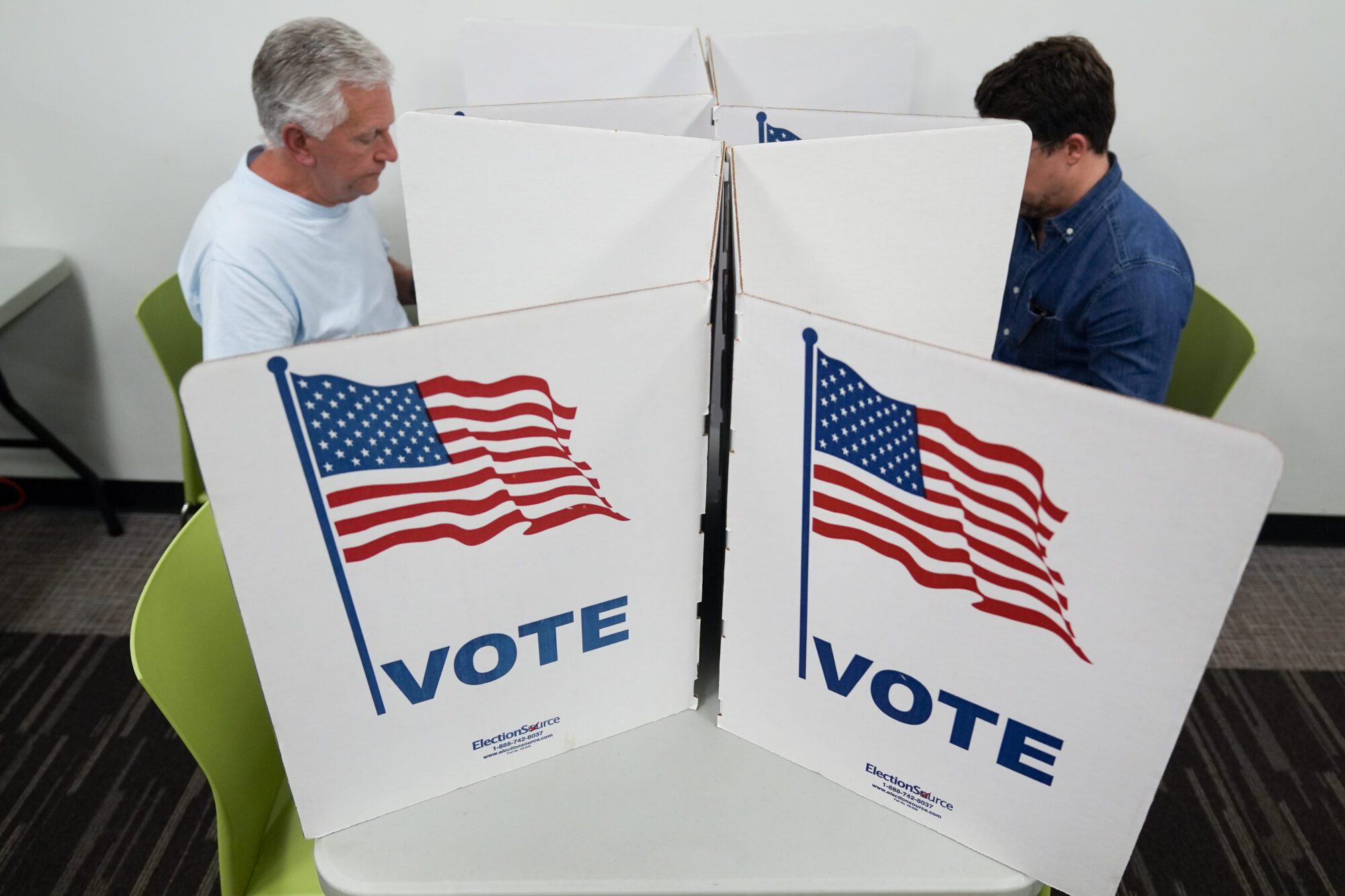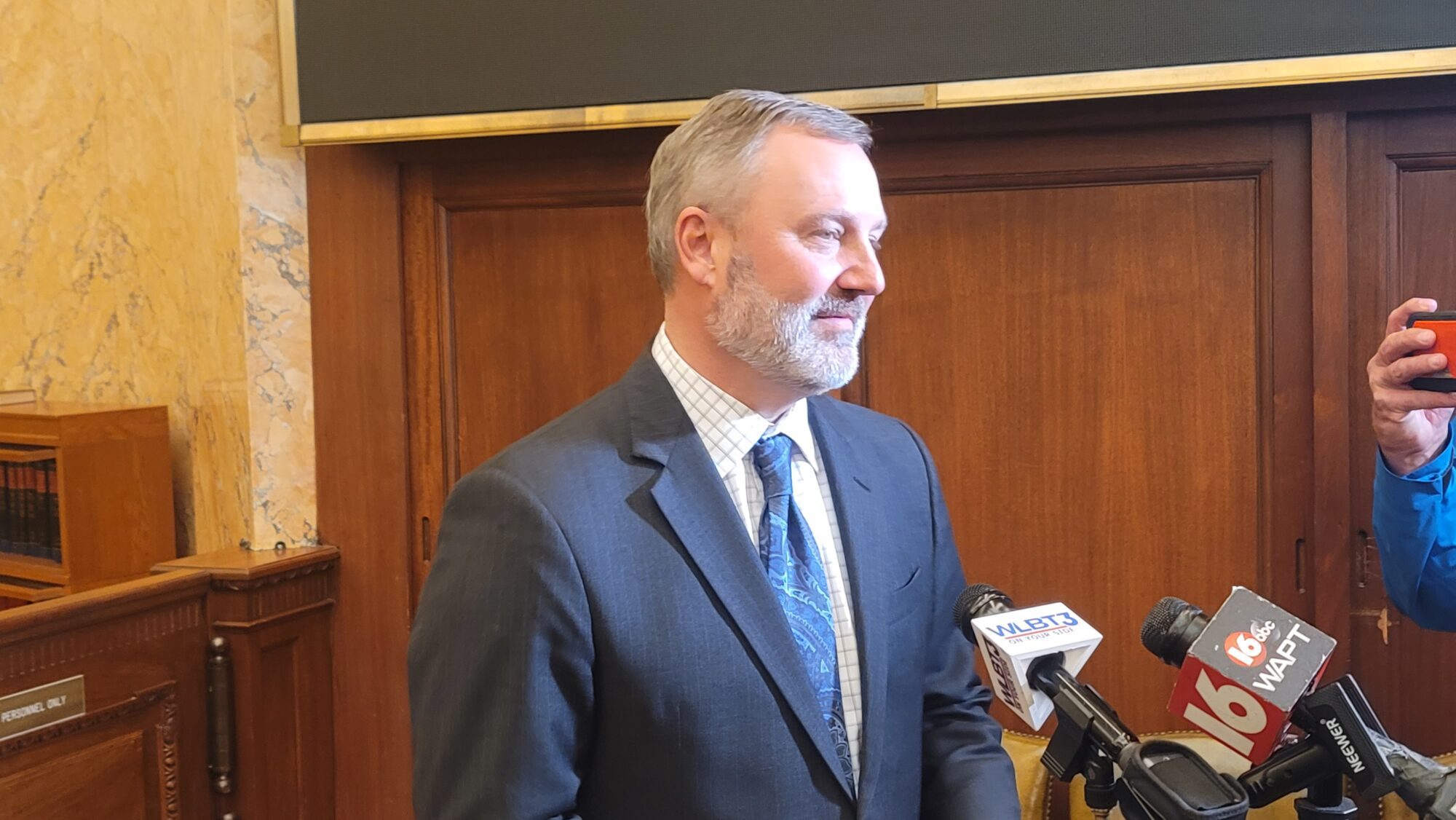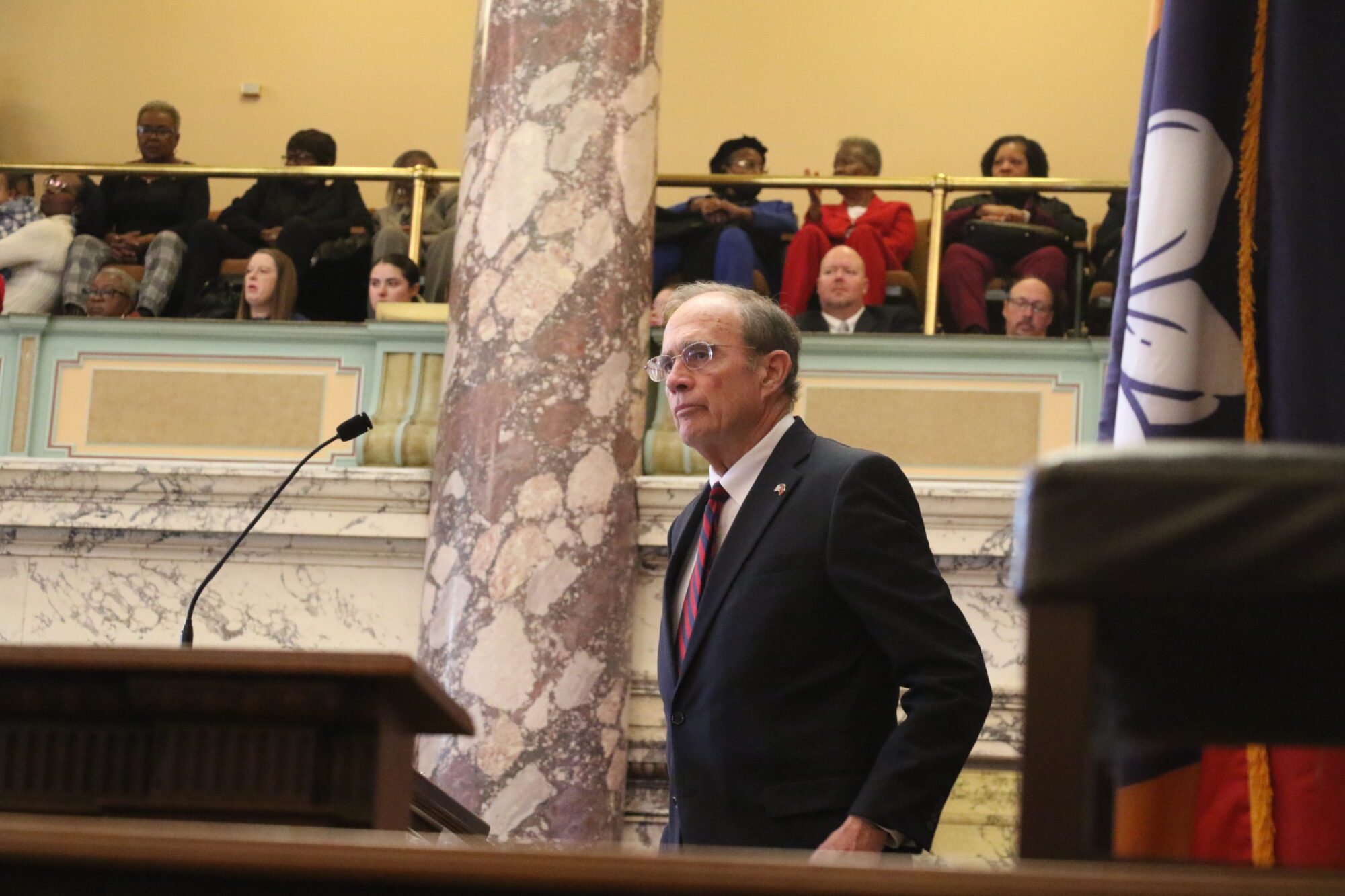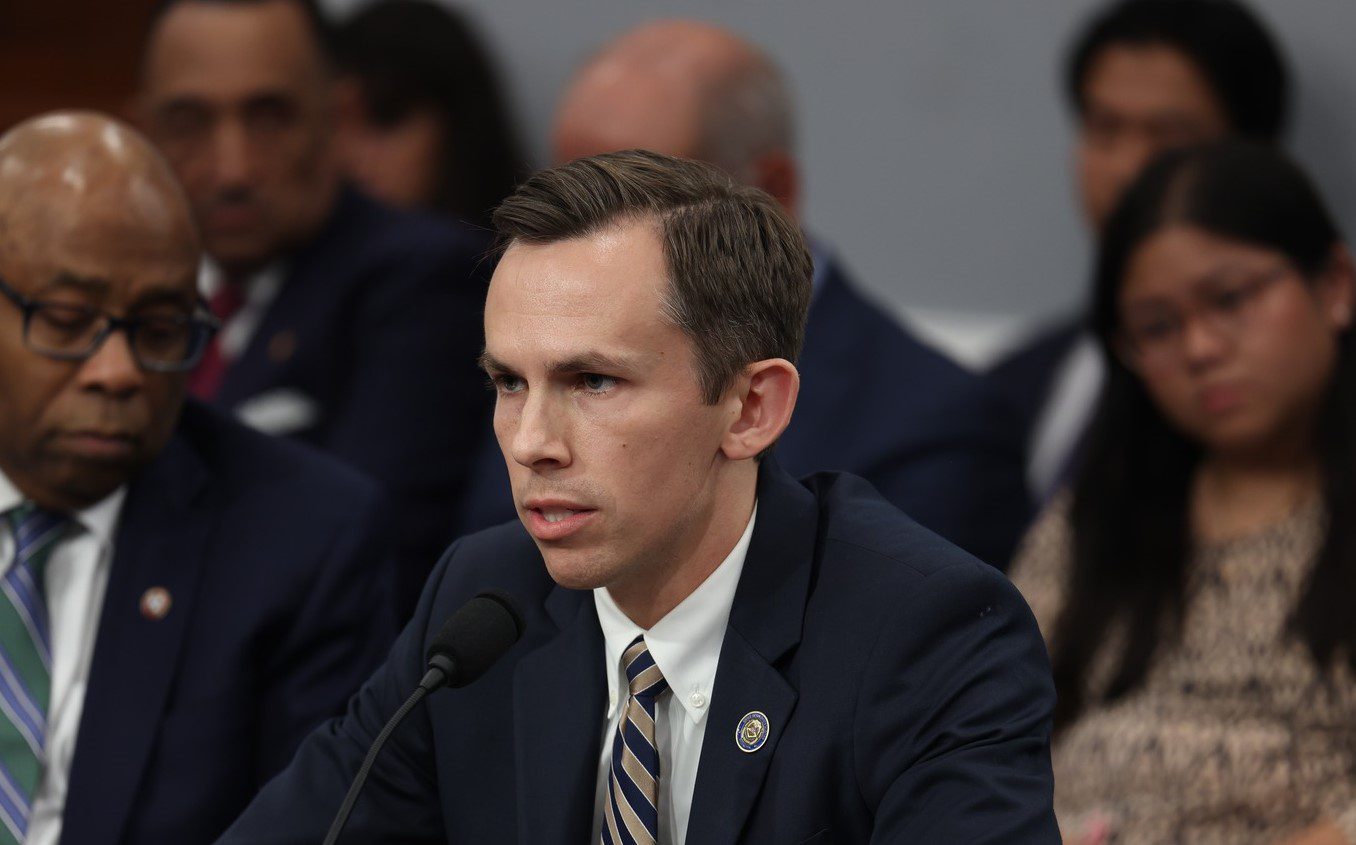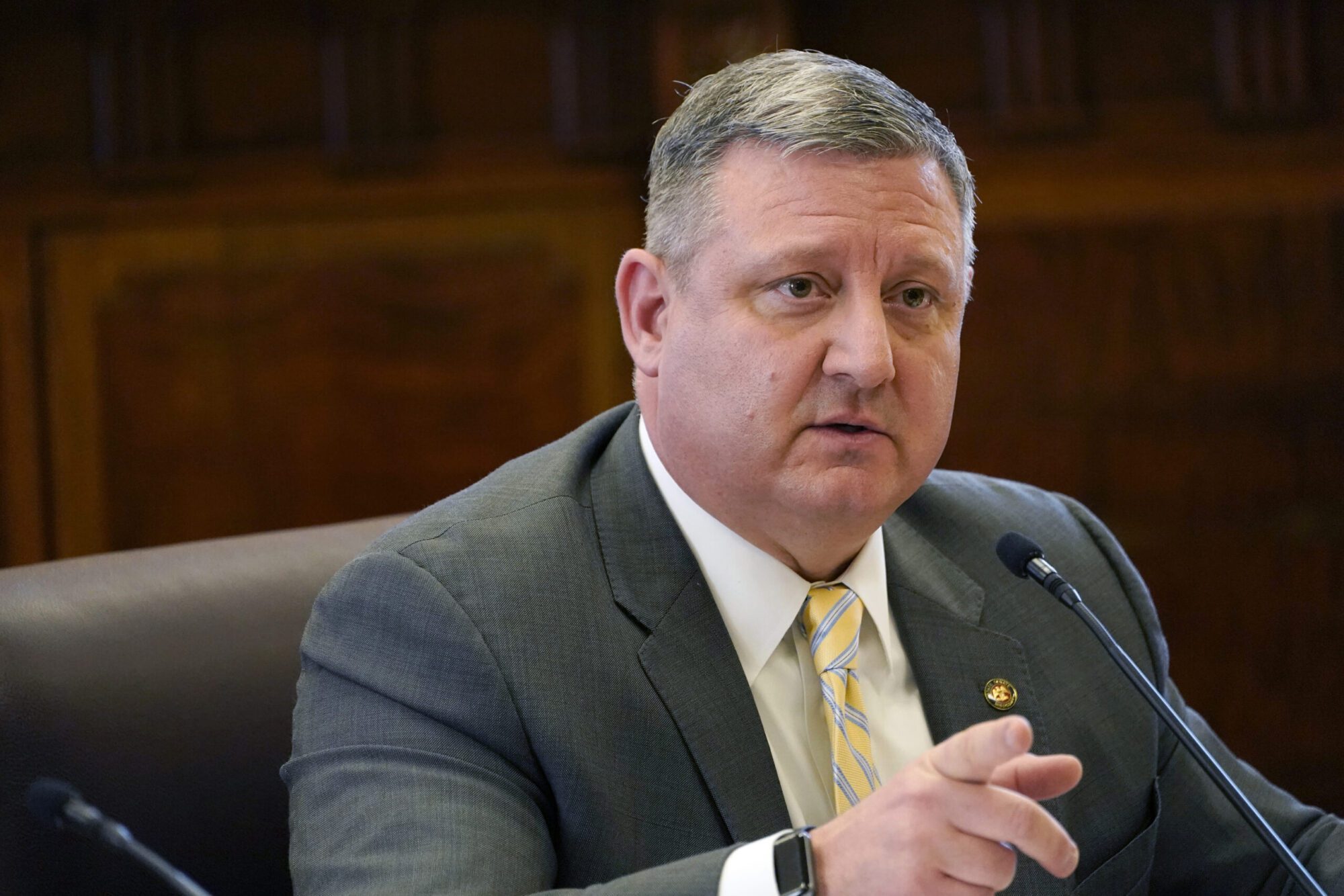
Dads matter. Until recently, people across the ideological spectrum understood this truth. For the good of children (and moms) everywhere, it’s worth reaffirming on Father’s Day. The dissolution of the nuclear family and the rise of fatherlessness, more than any other problem that dominates public debate, drives negative outcomes in Mississippi.
Children in single-parent households are four times as likely to grow up in poverty. They suffer from mental trauma and drug and alcohol abuse at considerably higher levels than children raised in healthy two-parent households, are more likely to perform poorly in school and less likely to attend or graduate from college, and are far more likely to commit crimes and wind up in prison.
In a speech on the epidemic of fatherlessness in our country, former President Barack Obama once said “of all the rocks upon which we build our lives, we are reminded today that family is the most important. And we are called to recognize and honor how critical every father is to that foundation.” He was and is right.
Solutions are hard to come by — less political and more community centric — but do not include burying our heads in the sand. It’s become unpopular to talk about traditional families in some circles. This is a mistake. A hard truth that improves lives is better than a soft lie that avoids social discomfort at the expense of people’s actual wellbeing.
A Deepening Epidemic
In 1965, 24 percent of Black infants, and 3.1 percent of white infants, were born out of wedlock. By 2022, CDC data shows 69.3 percent of Black infants, and 27.1 percent of white infants, being born to single moms.
With a combined rate of 54.3 percent, Mississippi has the second worst out of wedlock birth rate in the nation, only slightly behind our neighbors in Lousiana. The state of Utah, at just 20 percent, has the lowest out of wedlock birth rate in the nation.
And while the number of children born out of wedlock does not perfectly translate to single-parent homes, there is a strong correlation. 44 percent of Mississippi children are in single-parent households, compared to Utah’s 19 percent.
Even when children born out of wedlock have cohabitating parents, they are much more likely to end up in single-parent households. 50 percent of kids born to cohabitating couples will experience a parental breakup by the age of 9, compared to 20 percent of children born to married couples.
The percentage of single-parent homes in Mississippi varies by congressional district, with CD 2 registering the high of 59 percent, CD 4 registering the low of 37 percent, and CD 1 and CD 3 both coming in at 41 percent.
The Negative Impact
Children in single parent households are four times more likely to grow up in poverty than children in healthy two-parent households nationally. Those numbers bear out in Mississippi, as well, where 9 percent of married couple households with children live in poverty and 39 percent of single-parent households do.
The disparity in incomes between married and single-parent households in Mississippi is considerable. U.S. Census Bureau reports a median household income of over $85,000 a year for married-parent households in Mississippi. It has stopped reporting the single-parent household number in recent years, but data from 2020 showed the median income of those households at roughly 1/4th of married-parent households.
The Annie E. Casey Foundation found:
“Single-parent families — and especially mother-only households — are far more likely to live in poverty compared to married-parent households. Given this, kids of single parents are more likely to experience the consequences of growing up poor. Children in poverty are more likely to have physical, mental and behavioral health problems, disrupted brain development, shorter educational trajectories, contact with the child welfare and justice systems, employment challenges in adulthood and more.”
Researcher Isabell Sawhill at Brookings argues that the income problem is compounded by the fact that single parents “have to spend a greater proportion of their income on child care because they do not have a co-parent to stay home with the child while they work.” Sawhill points out that income and additional expense are not the only factor at play, though, noting that “even beyond having more income, two parents also have more time to spend with the child.”
Sawhill’s research concludes:
“Children raised by single mothers are more likely to fare worse on a number of dimensions, including their school achievement, their social and emotional development, their health and their success in the labor market. They are at greater risk of parental abuse and neglect (especially from live-in boyfriends who are not their biological fathers), more likely to become teen parents and less likely to graduate from high school or college.”
Political scientist Stephen Baskerville writes:
“Virtually every major social pathology has been linked to fatherless children: violent crime, drug and alcohol abuse, truancy, unwed pregnancy, suicide, and psychological disorders—all correlating more strongly with fatherlessness than with any other single factor, surpassing even race and poverty.”
In his speech to the Apostolic Church of God on fatherlessness, former President Obama rattled off a series of stats in support of his call to strengthen families:
“We know the statistics — that children who grow up without a father are five times more likely to live in poverty and commit crime; nine times more likely to drop out of schools and 20 times more likely to end up in prison. They are more likely to have behavioral problems, or run away from home or become teenage parents themselves. And the foundations of our community are weaker because of it.”
(It’s worth reading the whole Obama speech. It’s really excellent).
In the 2023 book “The Two-Parent Privilege: How Americans Stopped Getting Married and Started Falling Behind,” economist Melissa S. Kearney says marriage should be recognized as “the most reliable institution for delivering a high level of resources and long-term stability to children.”
A December 2023 report released by the Institute for Family Studies argues “cities are safer when two-parent families are dominant and more crime-ridden when family instability is common.” The study looked at crime rates in cities with single-parent households above and below the median and found:
“Specifically, our analyses indicate that the total crime rate in cities with high levels of single parenthood are 48% higher than those with low levels of single parenthood. When it comes to violent crime and homicide, cities with high levels of single parenthood have 118% higher rates of violence and 255% higher rates of homicide.”
The clear takeaway is that two-parent households are good both for children and our communities.
The Denial
Research aside, many of the points above are intuitive. Two incomes are, more often than not, better than one. Households with two parents translate to two people capable of splitting responsibilities. Dad can cook while mom helps Jill with her math. Mom can vacuum while dad plays catch with Johnny. In a very real sense, two-parent households create twice the time for parents to invest in their children.
Those households also represents a diversification of both talents and learned skills that can be passed from parents to children, including modeling the behavior of marital relationships.
Not too long ago, all of this was conventional wisdom. New York City ran ad campaigns encouraging citizens to graduate high school, get a job, and get married before having children — the “success sequence.” Nationally, the Department of Health and Human Services ran ads encouraging men to accept responsibility as fathers. Those days are largely gone.
Today, promotion of marriage and two-parent households is portrayed, in certain circles, as an attack on single-parent households, and particularly, single-parent households run by women.
Bring up the value of marriage to kids and people will inevitably retort “there are great single moms.” Of course there are. That does not negate hard data or hard realities.
Many single moms are tired and overwhelmed. Perhaps you are one. We all know single moms who perform Herculean tasks for their children. It’s simply tougher and the risks of negative outcomes are plainly higher.
It’s worth pointing out that single moms actually overwhelmingly get this according to survey work that has been done. A sizeable majority report wishing they were married, and in cases where children were born out of wedlock, wishing they had gotten married prior to having children.
Acknowledging the value a dad adds to a family does not diminish women. Denying the value a dad can and should add diminishes the responsibility of men, leaving many women beleaguered and many children neglected.
A Community Problem that Demands a Community Solution
Mississippi’s churches and community organizations spend a lot of time weighing in on political matters these days, from education to healthcare. Politicians, particularly in an “evangelical” state, like having their support. But most of these policy fights are attempts to treat the symptoms of societal ills through redistribution of resources, instead of addressing root causes.
The simple fact is the educational and health outcomes of our state would improve dramatically if we restored some semblance of traditional family formation.
Utah is actually a great example of this point. Remember, it has the lowest out of wedlock birth rate and lowest single-parent household occurrence in the country. It also has the lowest per student education expenditure in the country, such that one might expect poor academic performance from “underspending.”
But Utah’s eighth grade students finished 2nd in the nation in NAEP math scores and 3rd in the nation in reading. It’s a pretty solid indicator that strong families yield strong results, and perhaps conversely, that throwing money alone at a problem won’t solve it.
If I had one wish on this Father’s Day, it would be for pastors and community leaders to worry less about influencing their government and more about influencing the way people in Mississippi think about families. It’s past time to start having uncomfortable conversations.
Dads matter.
